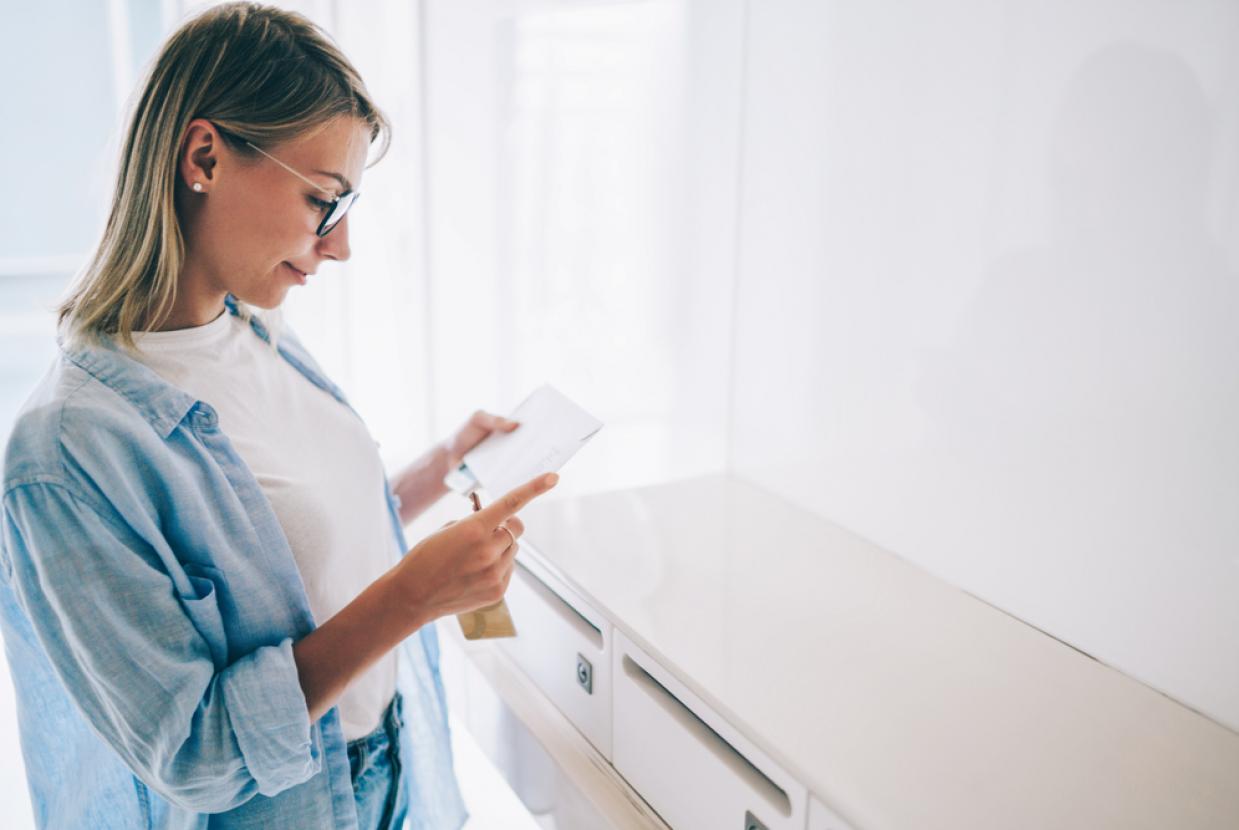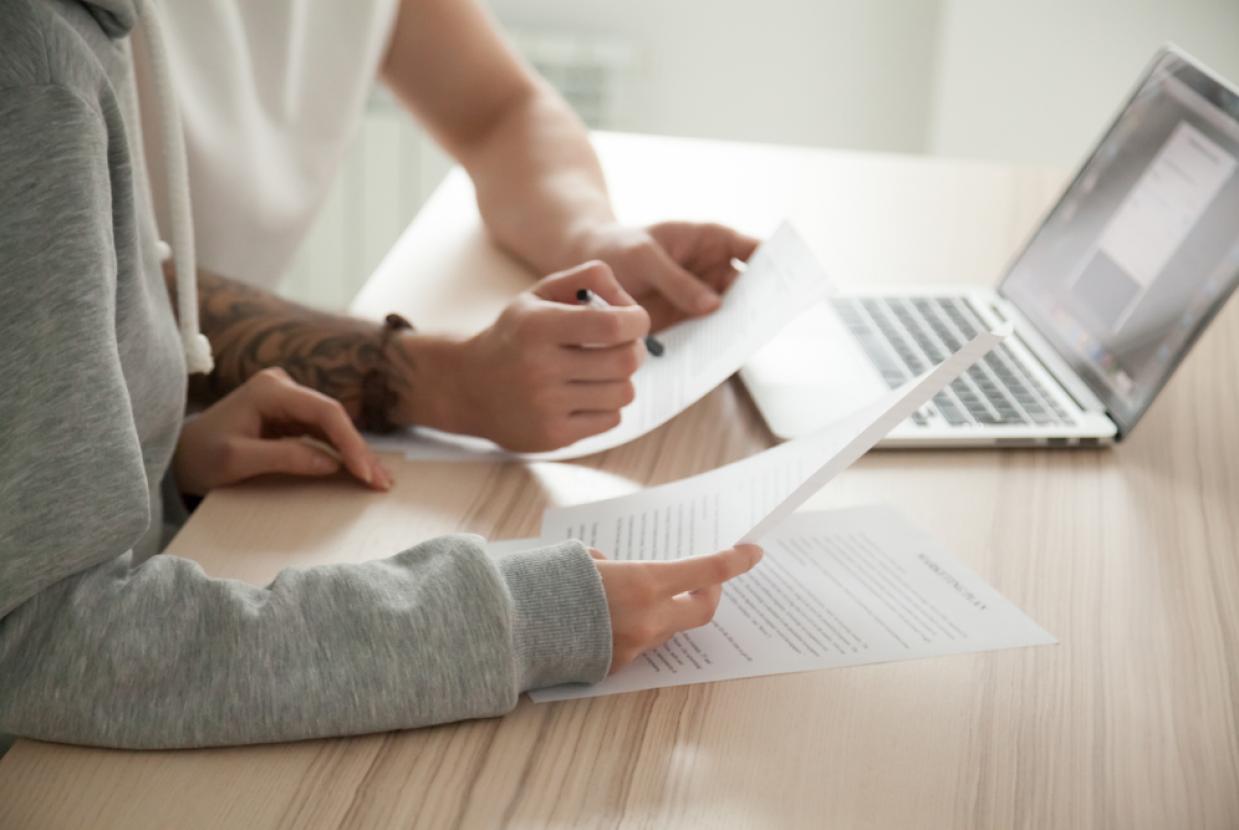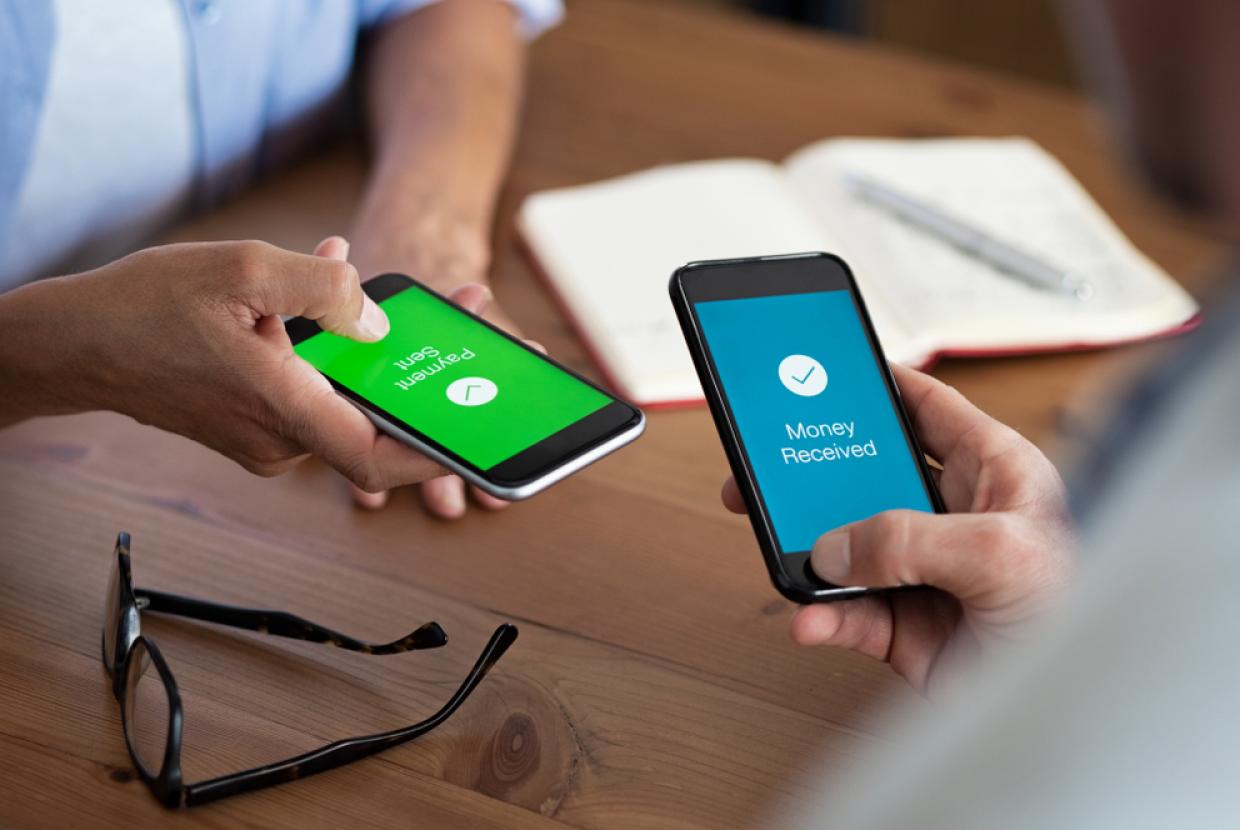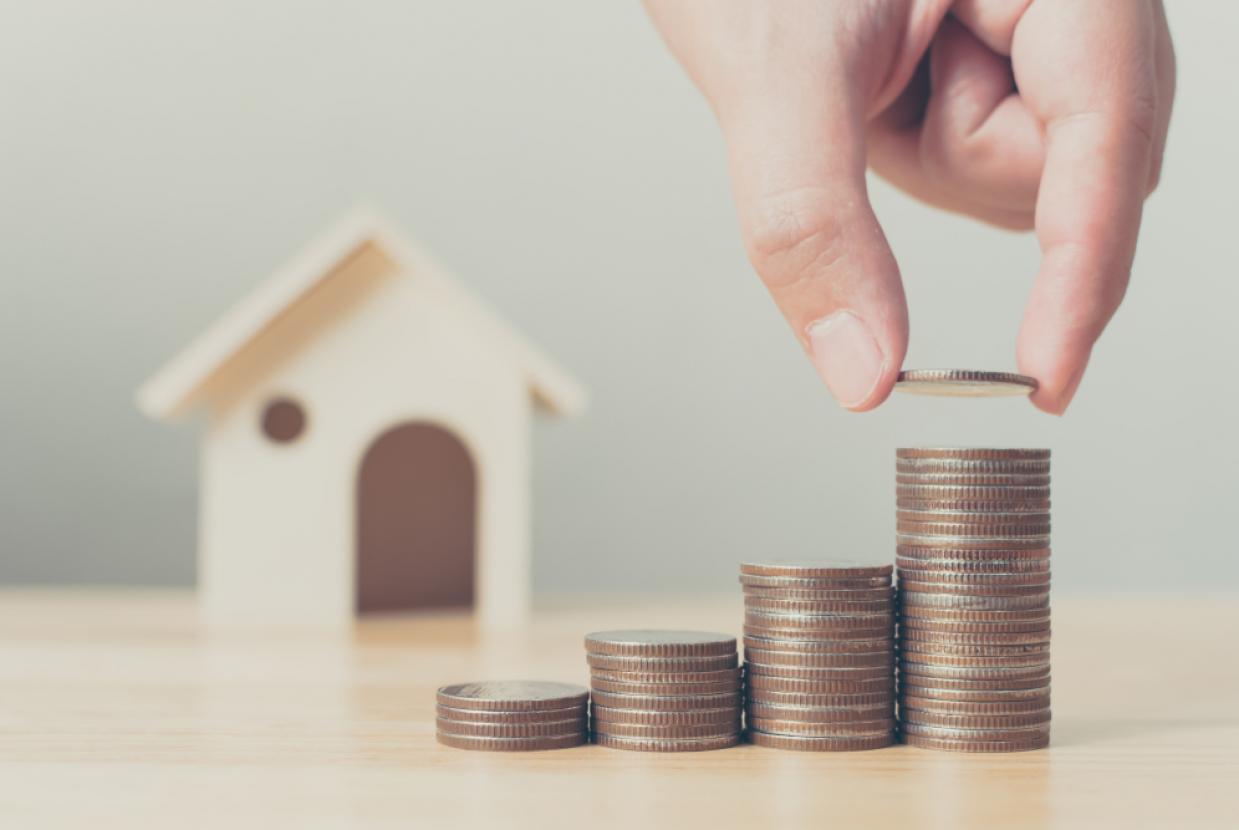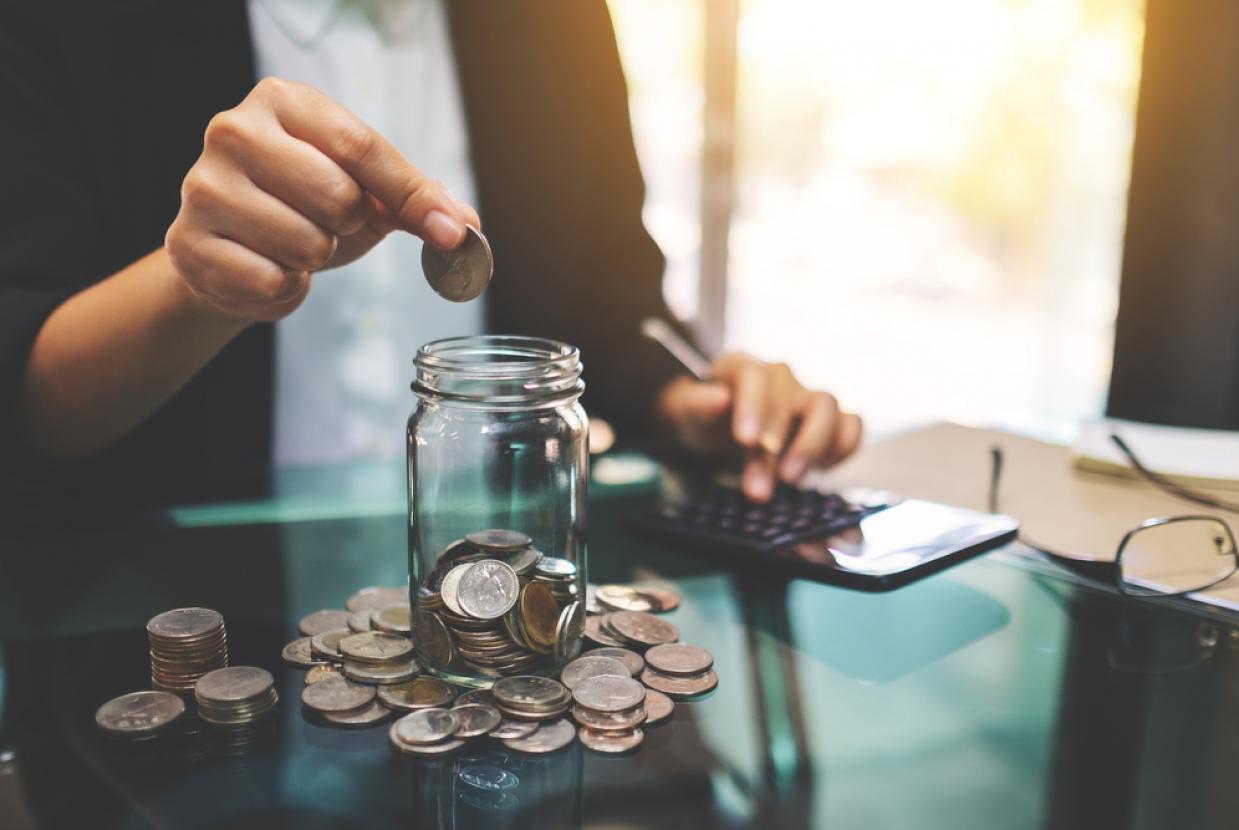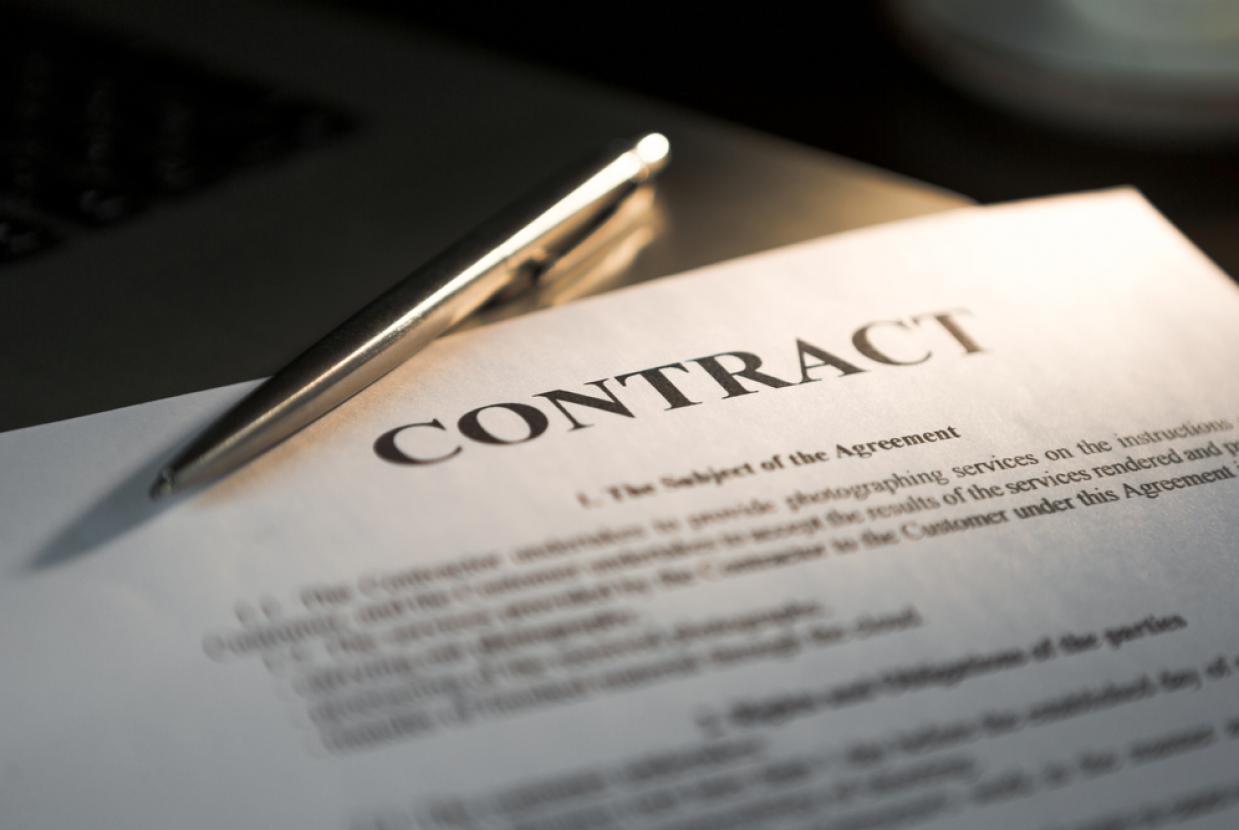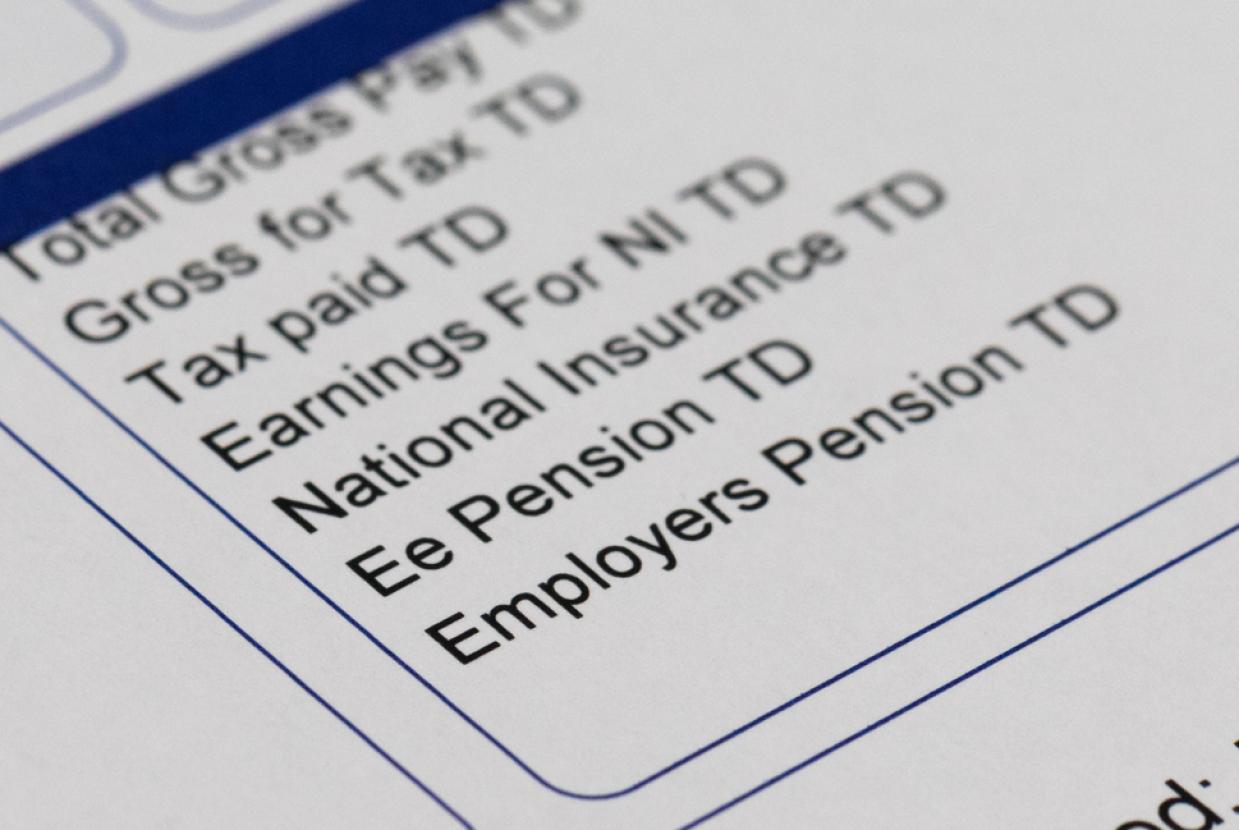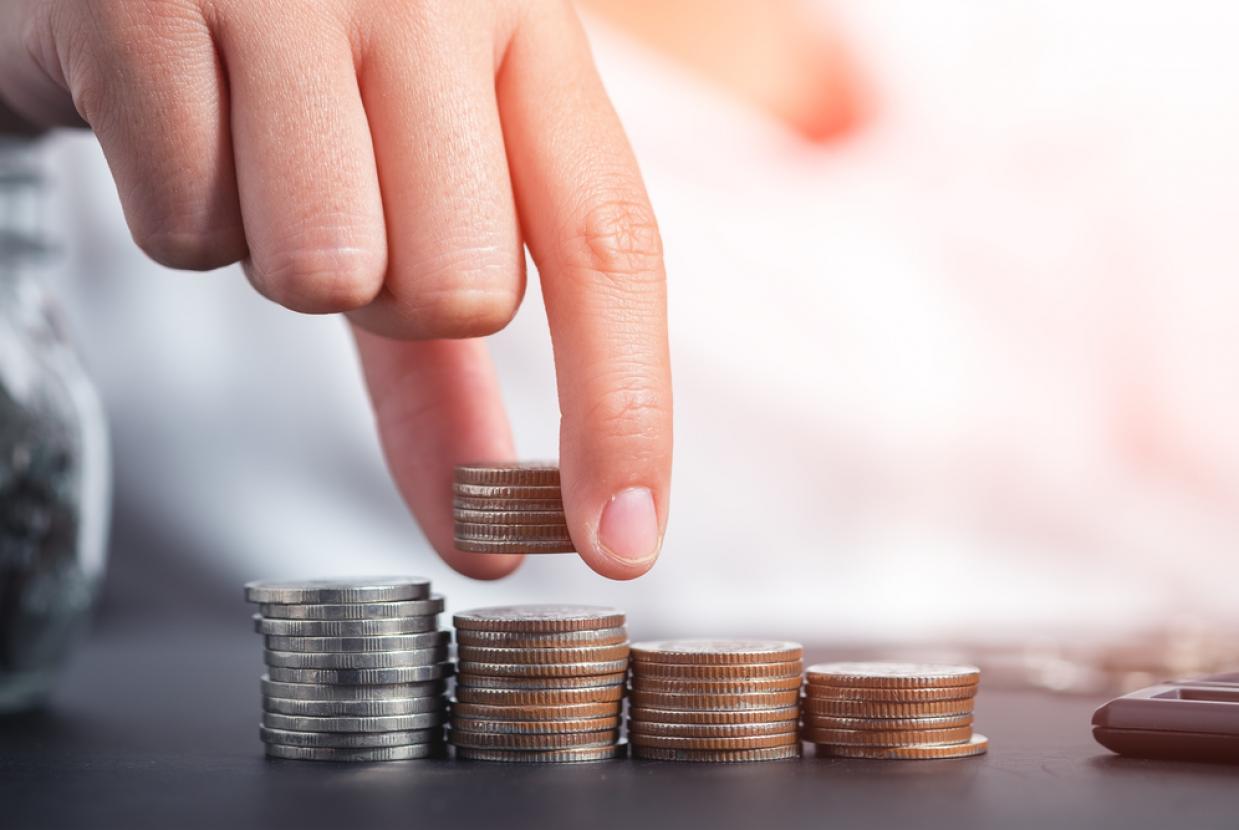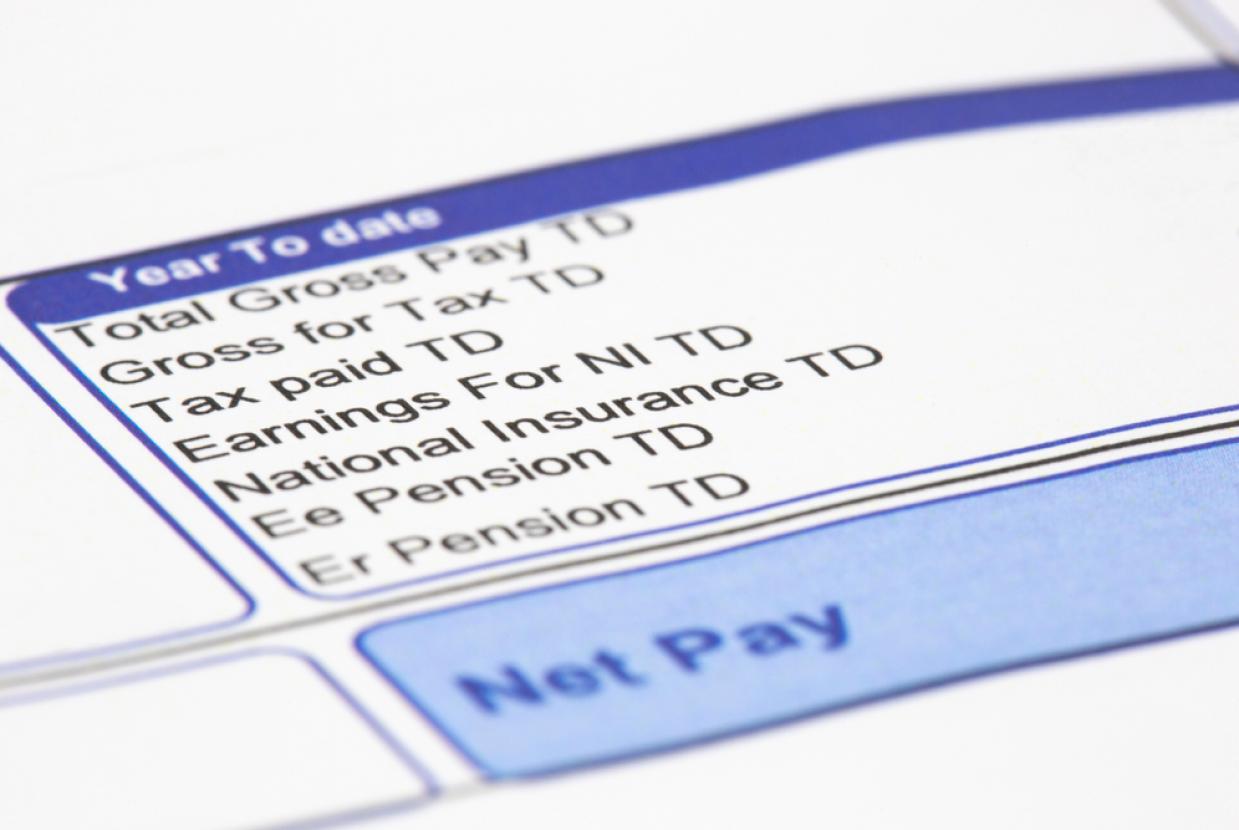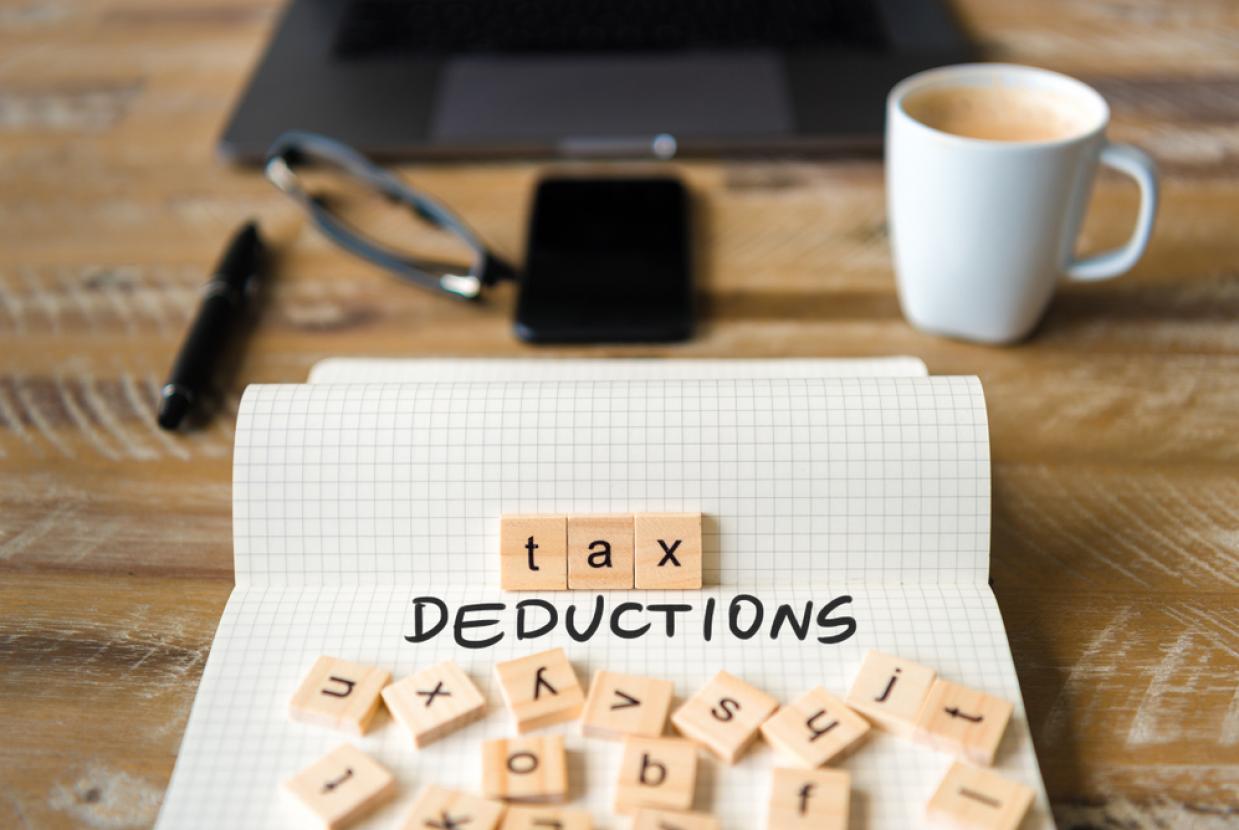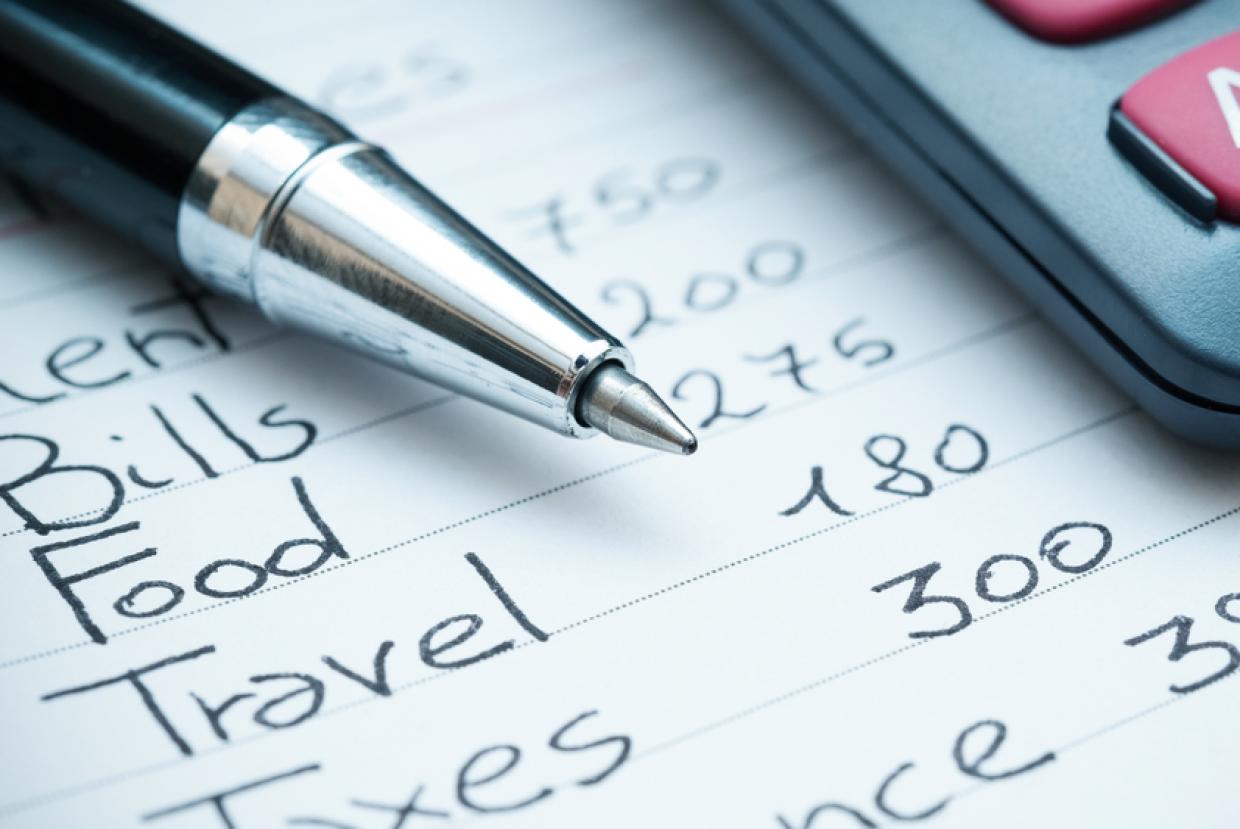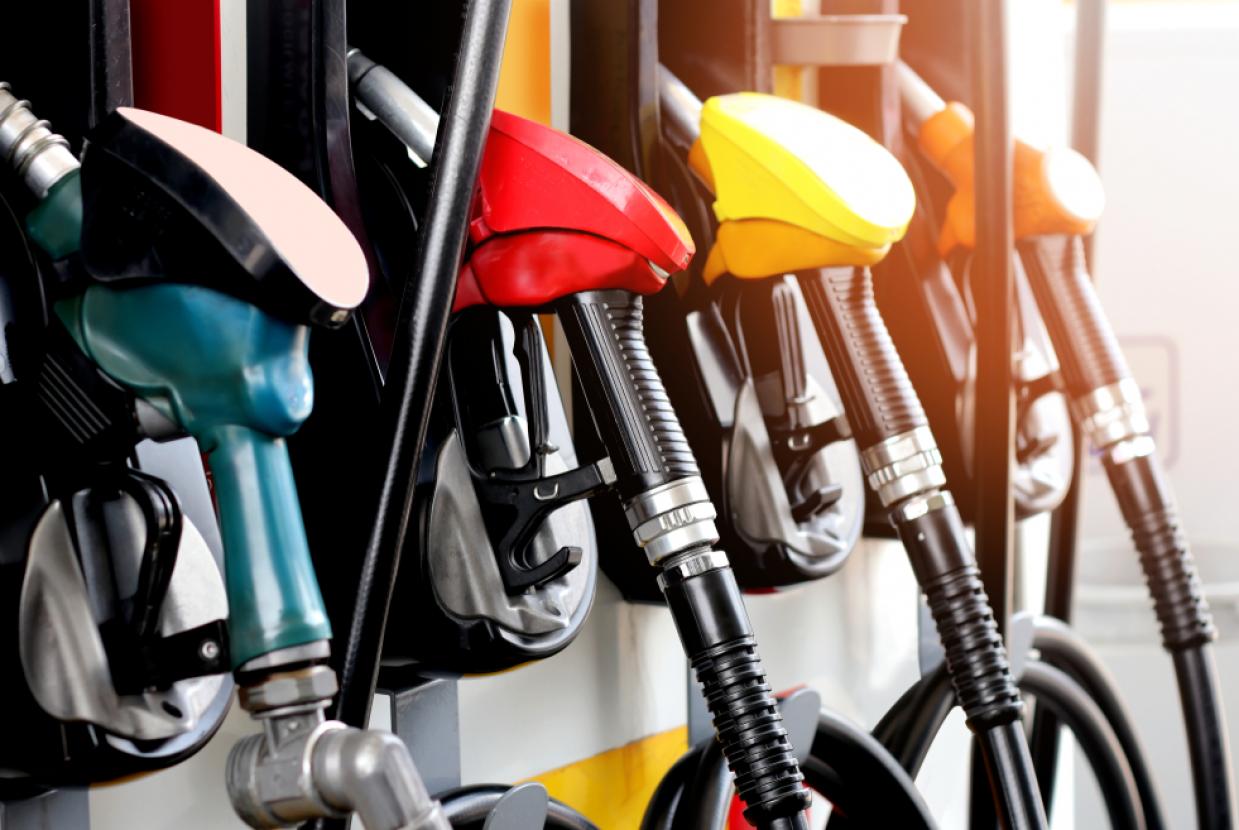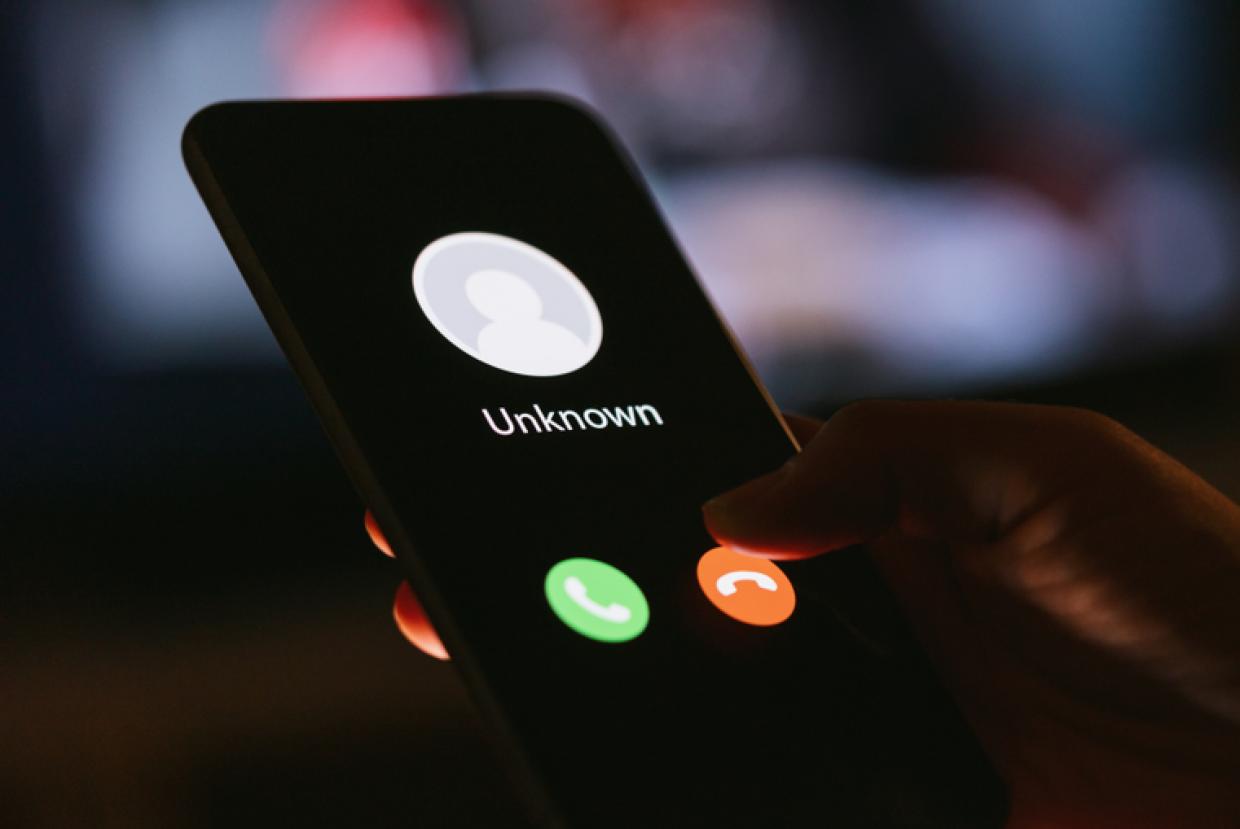Emergency savings – how much is enough?
Financial HealthHaving some emergency savings is a great way to prepare for unexpected expenses, especially when things go wrong such as a broken washing machine or boiler. We’ll explain how to build up an emergency savings buffer and how much to save.
How to build up your fund
While it’s a good idea to set up your emergency fund as soon as possible, it’s best to keep to what you can afford and try to save regularly.
Saving smaller, regular amounts is often more effective than saving larger amounts now and again. This is because you get into the savings habit, and you’re not overcommitting too much money. It also lets you budget your spending from week to week or month to month more effectively.
If this isn’t possible, save what you can as regularly as you can. Every bit makes a big difference.
Just like you would save for a wedding or a new car, work out how much you need to put aside, and set up a savings standing order or Direct Debit for the right amount.
Visualising your end goal – whether you’re preparing yourself against a car breakdown or replacing an expensive item like the cooker or washing machine,– it will help you keep focused and on track as well. Keeping track with a chart up on the wall might help. If you have debts, you might also decide whether it’s better to pay them off first or save and pay them back at the same time.
If money is tight and you’re not sure you can save, here are some tips on things you can try to free up some money:
- you could save money by looking at all your household bills and switching energy suppliers
- check you’re getting all the benefits you’re entitled to
- review your income and spending with our Budget Planner below to see if there are any savings you could make
- if you’re claiming certain benefits, you can also use the Help to Save scheme which gives you a bonus of 50% (half) on savings paid into a Help to Save account.
Once you’ve met your target amount for the emergency fund, you might want to continue with the regular savings amount to fund other savings goals.
How much should I save?
You want to be able to pay for an unexpected repair, but it’s also important to have enough money for at least three months in a sticky situation.
Say you lost your job or split up with your partner and needed some time to get back on your feet – you’ll want a bit more than the cost of a new boiler or washing machine.
The rule of thumb
A good rule of thumb to give yourself a solid financial cushion is to have at least three months’ essential outgoings available in an instant access savings account. For example, if you lose your job, it’ll give you three months breathing space.
So, if you spend £1,000 a month on mortgage or rent, food, heating bills and other things you can’t live without, you might aim for £3,000 in emergency savings.
Remember any amount saved will help you if you have to pay for something you weren’t expecting.
Other ways of dealing with unexpected costs
Insurance is another way to cover unexpected expenses. Pay priority debts before saving for emergencies.
It’s great that you’re starting to build up your emergency fund, but before you pile all your spare money into it, make sure you’re ready.
If you have:
- credit card debt
- unauthorised overdraft
- Pay-day loans
- Door-to-door lending or home credit
- arrears on your mortgage repayments.
It would be cheaper in the long run to pay these off first. But if you’re keeping up with mortgage repayments and any other credit you have is low cost, temporary or well under control, it’s a good idea to add to your emergency fund.














